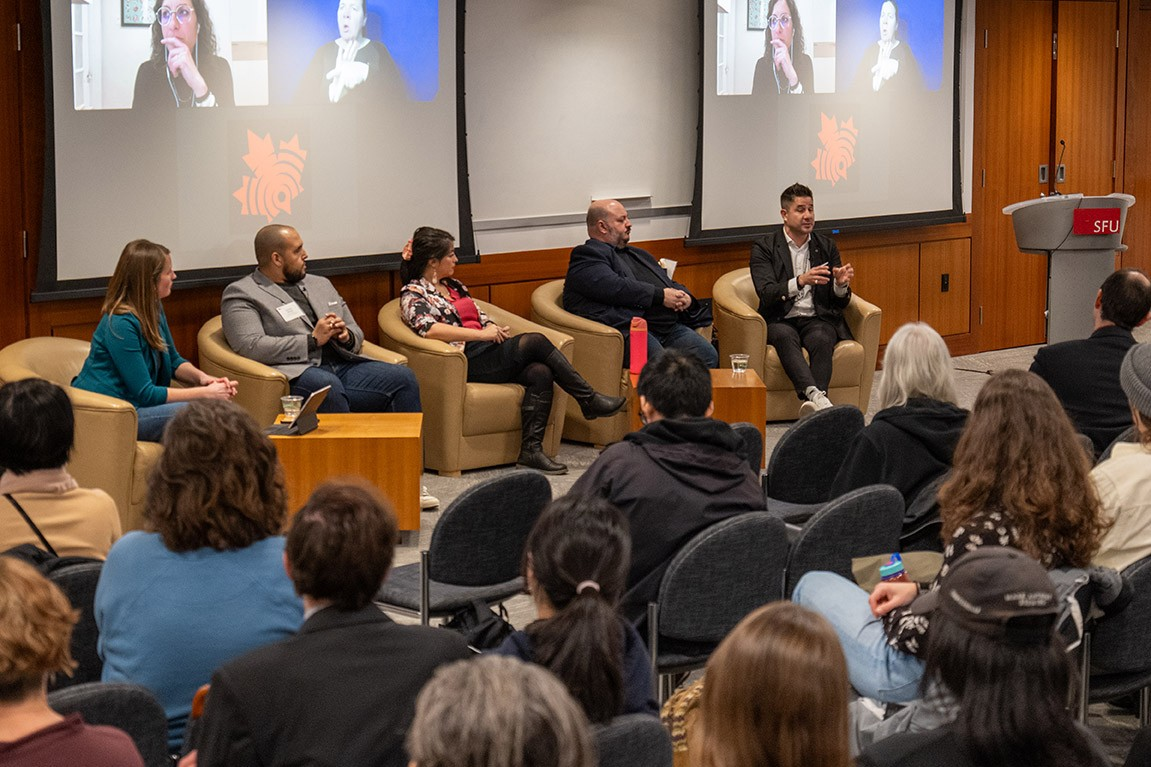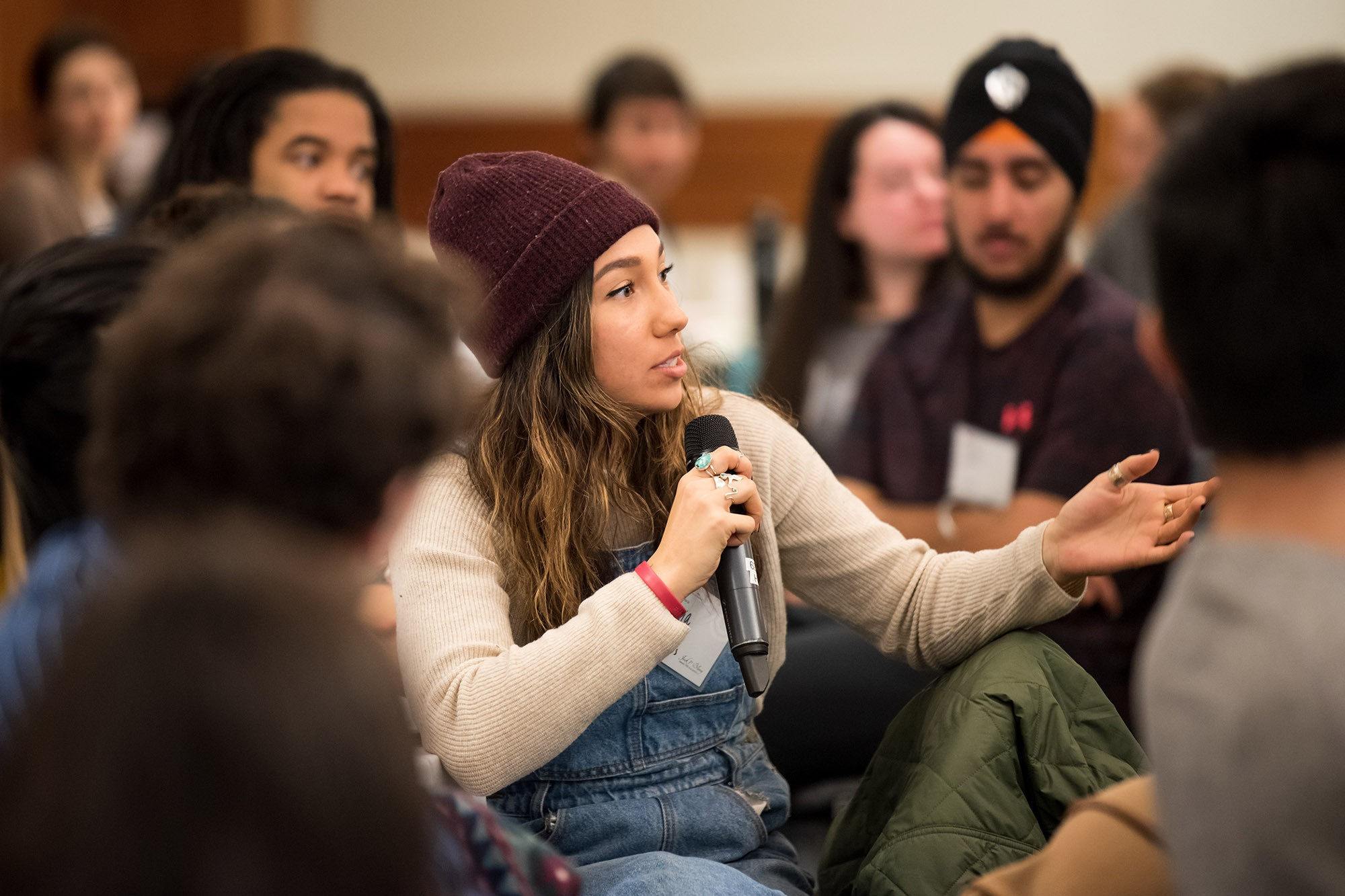- About
- People
- What We Do
- Consulting Services
- Services
- Our Projects
- Centering Equity and Inclusion in an Engagement Framework
- Framework for Diabetes in Canada
- COVID-19 and Public Health: The Faith and Spiritual Leaders Dialogue Series
- Burnaby Business Recovery Task Force
- CleanBC Job Readiness Workshops
- Your Voice. Your Home.
- Perspectives on Reconciliation
- Establishing a Chinese-Canadian Museum
- Citizen Dialogues on Canada’s Energy Future
- Clients and Partners
- Get in Touch
- Knowledge & Practice
- Beyond Inclusion
- Dialogue & Engagement Resources
- Dialogue Dispatch Newsletter
- International Climate Engagement Network (ICEN)
- Strengthening Canadian Democracy
- Talk Dialogue to Me Podcast
- Initiatives
- Signature Events
- Jack P. Blaney Award for Dialogue
- Award Recipients
- 2021/22: Reimagining Social Justice and Racial Equity with adrienne maree brown
- 2019/20: Climate Change and Human Rights with Sheila Watt-Cloutier
- 2017/18: Peace, Pluralism and Gender Equality with Alice Wairimu Nderitu
- 2015/16: Climate Solutions with Tim Flannery
- 2013/14: Reconciliation with Chief Robert Joseph
- 2011/12: Twelve Days of Compassion with Karen Armstrong
- 2009/10: Widening the Circle with Liz Lerman
- 2005: Corporate Social Responsibility and the Right to Health with Mary Robinson
- 2002: Environmental Sustainability with Maurice Strong
- Nomination Details
- History of the Award
- Award Recipients
- Bruce & Lis Welch Community Dialogue
- 2022: Facing the Flames: New and Old Ways of Co-Existing with Fire with Joe Gilchrist and Paul Hessburg
- 2021: All My Relations: Trauma-Informed Engagement with Karine Duhamel
- 2019: Power of Empathy with Kimberly Jackson Davidson
- 2019: Rethinking BC Referendums with John Gastil
- 2017: Strengthening Democratic Engagement with Valerie Lemmie
- 2015-16: THRIVE! Surrey in 2030
- 2014: Citizen Engagement and Political Civility with Dr. Carolyn J. Lukensmeyer
- 2013: Building a Culture of Participation with Dave Meslin
- 2012: Riots and Restorative Justice with Dr. Theo Gavrielides
- 2011: Growing Out of Hunger with Will Allen
- 2010: The Age of Unequals with Richard Wilkinson
- Jack P. Blaney Award for Dialogue
- Consulting Services
- Shared Learning
- News
- Give
A dedicated practitioner with over 15 years of experience, Julie currently serves as Dialogue and Engagement Analyst at the Centre for Dialogue. She has been working there since June 2017, when she was hired as the Bilingual Dialogue and Engagement Coordinator for the Citizens’ Dialogues on Canada’s Energy Future initiative. In this role, she was responsible for nurturing relationships with 150 participants and coordinating large-scale event logistics for four deliberative dialogues across the country.
Julie is skilled at building relationships with participants by creating a safe and inclusive space for dialogue. Her approach is to listen actively, ask thoughtful questions, and provide support and encouragement to participants. Julie’s work involves designing, implementing, and managing engagement initiatives for various clients through the Centre’s consulting arm. She performs data collection and analysis, report and proposal writing, and budget management. She also supports the Centre’s Democratic Participation and Innovation Team infrastructure and systems and is honing her group facilitation skills on various dialogue topics.
Originally from France, Julie is fully bilingual. She holds a Master's degree in Agricultural and Environmental Engineering from Agro Toulouse and studied at McGill University in Montreal. When she’s not busy engaging with people, Julie can be found scouring thrift stores for hidden gems. She has her finger on the city’s pulse, she is an avid movie- and concert-goer who will eagerly jump at any opportunity to learn, discover, and explore! Julie is also a savoury scone enthusiast and has been known to go to great lengths to get her hands on one.
What is your role at the Centre for Dialogue?
I am a Dialogue and Engagement Analyst in the consulting team of the Centre for Dialogue. We do fee-for-service work for government clients and other partners. I am responsible for making sure projects are implemented smoothly, from supporting the design of dialogue-based engagement processes; to overseeing and/or coordinating event logistics, such as registration, audio-visual, finances and catering; to delivering participatory activities with stakeholders and members of the public; to ensuring that the outputs truly and faithfully reflect the input that was provided by participants. Other responsibilities of mine include: writing or contributing to project proposals; developing and managing planning deliverables, authoring dialogue materials, administering and analyzing quantitative and qualitative data.
What does dialogue mean to you?
Dialogue happens when we convene people from different walks of life and points of view, who are affected by an issue, to discuss resolution of this issue, pulling from their lived experience and various needs and perspectives. Through dialogue, we find common ground and shared understanding towards an outcome that works.
What is a common assumption you'd like to demistify?
People often tend to assume that “dialogue” is another word for “debate”; that could not be farther from the truth. Debate happens when people do not agree on something and are each trying to convince the other side that their view is the correct one. Each side is vying for their camp, aims to discredit the other and prove them wrong; and does not hesitate to resort to backhanded arguments or disloyal tactics to make the other side see and adhere to their point of view. Debate is by essence confrontational and belligerent whereas dialogue is in fact collaborative between two or more views that work together and feed into one another to reach shared understanding.
Affiliated Initiatives
Highlights
- Blog post “Reflections on One Year+ of Online Engagement and Working From Home” (May 05, 2021)
- Proud of the Centre’s pivot to online engagement at the onset of the pandemic, and all the virtual programing and platforms that ensued: Distant not Disengaged, We Gotchu…



